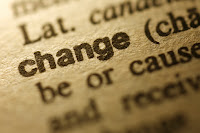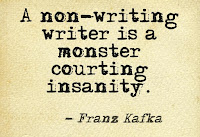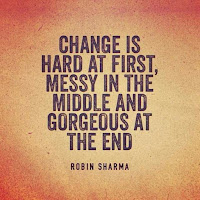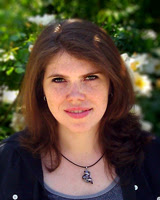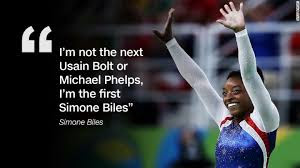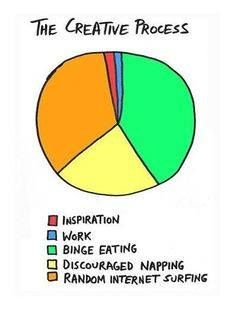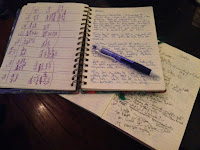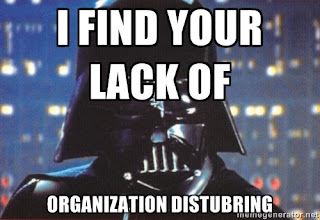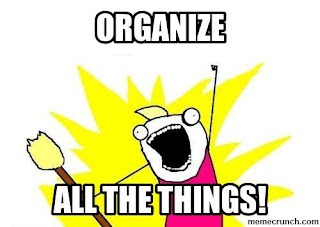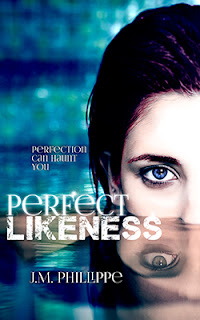When You’re Busy Making Other Plans
by J.M. Phillippe
There is this saying:
For most people, the shape of that life can be found in their daily routines, the tiny habits that carry us from waking up to going to sleep. Routines are seen as either amazing and wonderful, or soul-sucking and dreadful.
I am someone who has always resisted a routine. I wanted each day to look different than the one before it. I wanted spontaneity and that sense that anything could happen. And yet, I fell into a routine anyway, because that is the nature of life. Work and school and other external structures shape our days, forcing us to wake up at certain times, which forces us to go to bed at certain times. The space in between carries all the usual things — taking showers, eating meals, doing chores, walking the same familiar paths of each day.
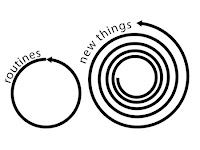 What I have come to learn as I’ve gotten older is that routines happen whether we consciously form them or not. And in fact, consciously forming them (or changing them) is actually really hard. Now that I have a new job, many of my old routines have been forced to change, and I’ve been in this weird in bet
What I have come to learn as I’ve gotten older is that routines happen whether we consciously form them or not. And in fact, consciously forming them (or changing them) is actually really hard. Now that I have a new job, many of my old routines have been forced to change, and I’ve been in this weird in between space where I haven’t figured out the new ones yet. I keep hoping this will be a great chance to shape how each day will look with more consideration than my days before. I want to add healthier habits to my routine and break away from some older, less desirable ones. I want to take my lunch every day, and do laundry more than on a “now we really are out of clothes to wear” basis. When my friends joke about not being able to adult anymore, I really feel like what we’re saying is that the routines of life can be overwhelming. The laundry always needs to get done. The dishes always need to be washed.
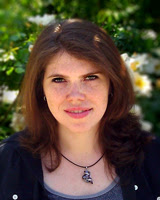 J.M. Phillippe is the author of Perfect Likeness and the newly released short story The Sight. She has lived in the deserts of California, the suburbs of Seattle, and the mad rush of New York City. She worked as a freelance journalist before earning a masters’ in social work. She works as a therapist in Brooklyn, New York and spends her free-time decorating her tiny apartment to her cat Oscar Wilde’s liking, drinking cider at her favorite British-style pub, and training to be the next Karate Kid, one wax-on at a time.
J.M. Phillippe is the author of Perfect Likeness and the newly released short story The Sight. She has lived in the deserts of California, the suburbs of Seattle, and the mad rush of New York City. She worked as a freelance journalist before earning a masters’ in social work. She works as a therapist in Brooklyn, New York and spends her free-time decorating her tiny apartment to her cat Oscar Wilde’s liking, drinking cider at her favorite British-style pub, and training to be the next Karate Kid, one wax-on at a time.




